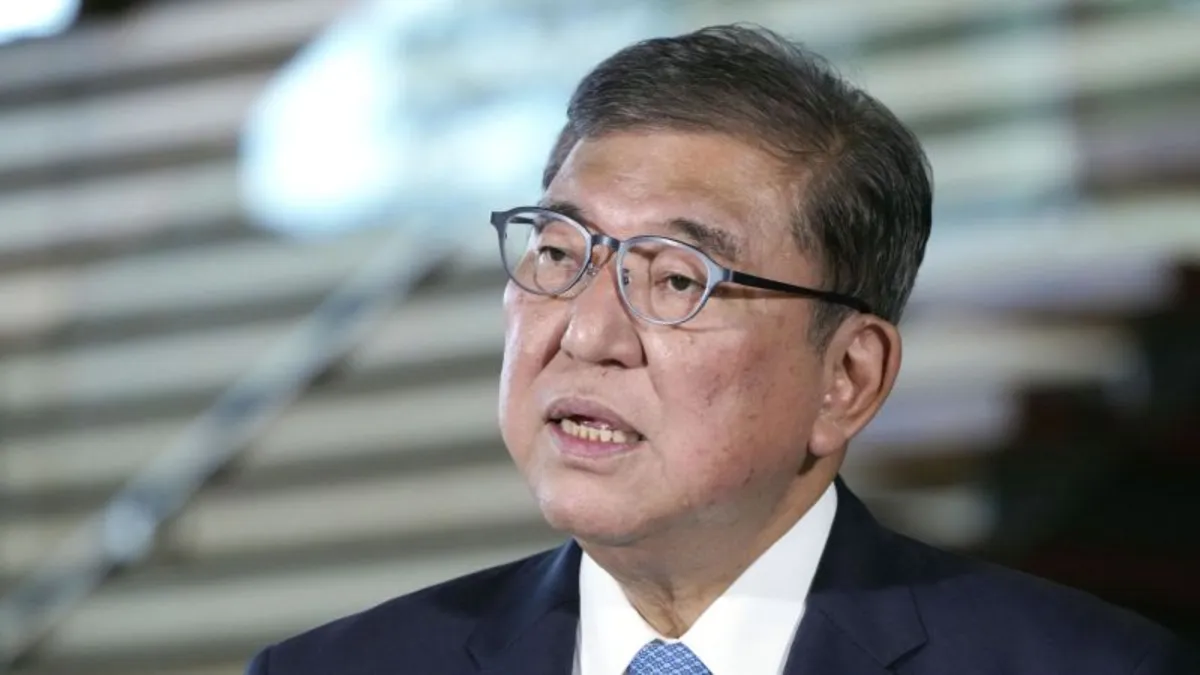
In a significant political development, Japanese Prime Minister Shigeru Ishiba has announced his resignation to prevent further division within the ruling Liberal Democratic Party (LDP). This decision was reported by public broadcaster NHK on Sunday, highlighting the challenges facing Ishiba's administration.
The Prime Minister’s Office has yet to respond to requests for comment regarding this unexpected resignation. Ishiba's leadership has been marked by a series of electoral setbacks, as the LDP-led coalition has lost its majority in elections for both houses of parliament since taking power last year. These losses are largely attributed to escalating voter dissatisfaction linked to rising living costs in Japan.
The political landscape in Japan has become increasingly precarious for the Liberal Democratic Party under Ishiba's leadership. The latest polls indicate a growing discontent among voters, particularly concerning economic issues. As a result, LDP lawmakers are set to convene on Monday to vote on whether to initiate an extraordinary leadership election, which could further reshape the party’s future.
Despite the political turmoil, Ishiba’s government managed to finalize crucial details of a trade deal with the United States just last week. This deal is expected to impact Japan's economic relations and may have been part of Ishiba’s efforts to stabilize his administration during challenging times.
The upcoming decision by LDP lawmakers will be pivotal in determining the direction of Japan's political future. As the party grapples with internal divisions and public discontent, the leadership election could usher in a new era for the Liberal Democratic Party and its policies.